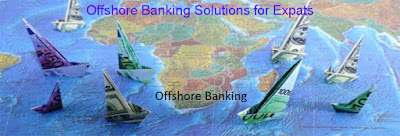How can taxes impact you?
Taxes can take a big bite out of your income / wealth, sometimes in quite obvious ways and sometimes in ways that are not so quite obvious. Some of the more obvious ways include income tax (a tiered tax on your income), wealth tax (a tax on your assets that go above prescribed limits) inheritance tax (or estate duties or more colloquially, death duties; these are taxes on inheritances that go above a certain sum) and gift tax (a tax on the transfer of assets from one individual to another while receiving nothing or less than full value in return).
For instance, in the United States, estate taxes are applicable if the value of the estate minus allowable deductions is more than the filing threshold for the year of the decedent's death. The filing threshold for 2016 is $5,450,000, for 2015 is $5,430,000, for 2014 is $5,340,000, for 2013 is $5,250,000, for 2012 is $5,120,000, and for 2011 is $5,000,000). And, gift taxes are applicable if the value of the gift to each donee exceeds $14,000 in 2014, 2015 and 2016.
The above are some of the more obvious deductions from your income / wealth. The not-so obvious taxes include dividend deduction taxes (if you are receiving income in the form of dividends from companies and investment vehicles like mutual funds) and capital gains taxes (applicable on selling of assets including property, equities, units of mutual funds etc).
Multi-country asset ownership and the tax question
And, if you own assets in multiple countries the above complexities get repeated in each and every country where you own assets. Things get even more complex if you want to plan towards a certain goal, want to take advantage of cross-border opportunities and arbitrages and want to plan your succession.
Using an offshore bank for mitigating taxes
The advantage of an offshore bank account for tax purposes is that offshore locations are usually bona-fide tax shelters that impose no tax on income, profits, dividends, interests, transfers, gifts and capital gains. They also have affordable incorporation costs and annual maintenance fees and easy processes.
So, if you are looking at creating tax mitigating structures like trusts, foundations, International Business Companies (IBCs) or Limited Liability Companies (LLCs), an offshore jurisdiction would be a great bet. Many offshore banks also have in-house advisory specialists who can help and advise you with regard to tax matters. Alternatively, your offshore bank can also work with your tax consultants to help you implement the right tax strategy for your particular requirements.

